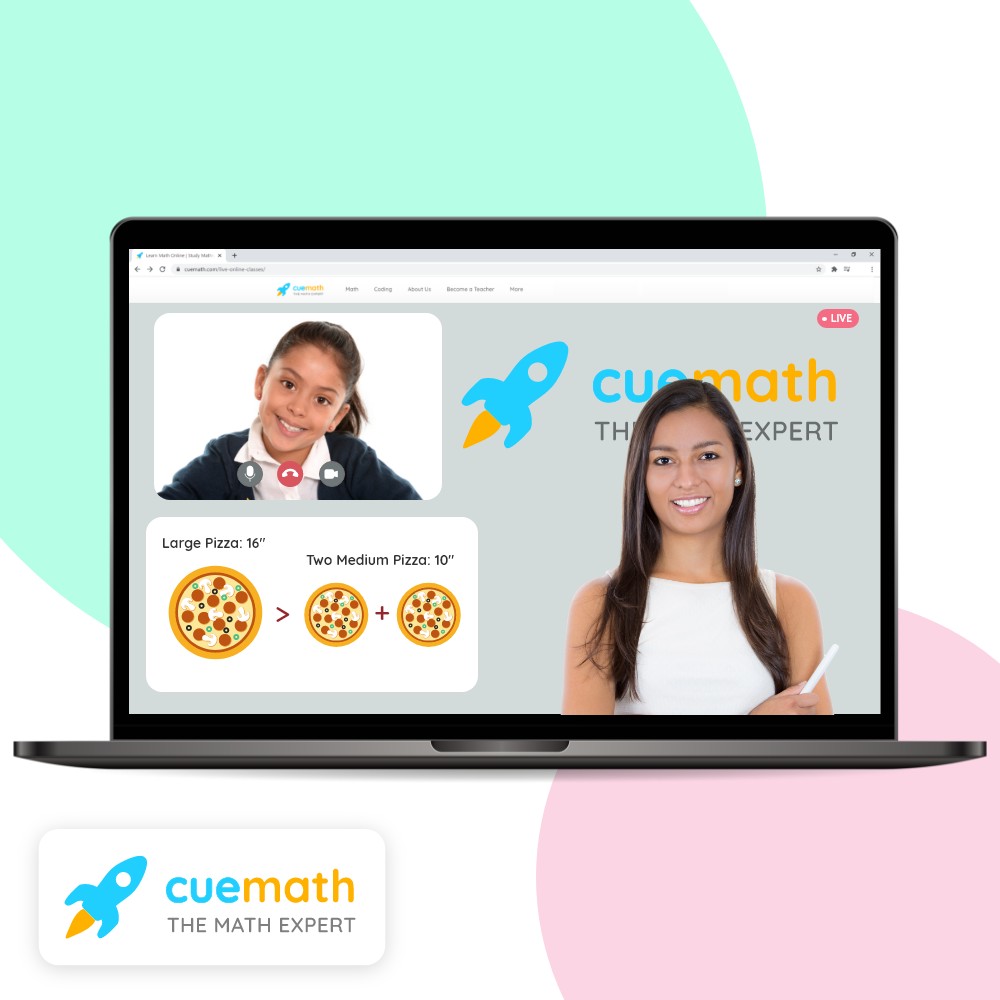Pre-algebra can seem daunting, but with the right approach, it’s entirely manageable. This guide provides a comprehensive overview of pre-algebra, covering key topics, helpful resources, and strategies for success. We’ll explore what pre-algebra is, why it’s important, and how you can master its fundamental concepts.
Understanding Pre-Algebra Fundamentals
Pre-algebra lays the foundation for higher-level math courses like Algebra 1 and 2. It introduces fundamental concepts that are crucial for success in future math studies. Think of it as the bridge connecting basic arithmetic to the more abstract world of algebra.
Key Topics in Pre-Algebra
Pre-algebra covers a range of essential topics, including:
- Number Theory: This includes understanding different types of numbers, such as integers, fractions, decimals, and prime numbers. You’ll learn about factors, multiples, and prime factorization.
- Factors and Multiples: This involves finding numbers that divide evenly into another number (factors) and finding multiples of a given number.
- Linear Equations: You’ll begin to work with equations involving variables and learn how to solve for the unknown value.
- Ratio and Proportion: This explores relationships between quantities and how to compare them using ratios and proportions.
- Exponents and Square Roots: You’ll learn about exponents (representing repeated multiplication) and how to find square roots.
- Statistics: Basic statistical concepts like mean, median, and mode are introduced. You’ll also learn about data representation.
- Order of Operations: Mastering the correct order to perform mathematical operations (PEMDAS/BODMAS) is crucial for solving equations accurately.
- Variables and Expressions: You’ll be introduced to variables (letters representing unknown values) and how to work with algebraic expressions.
Bridging the Gap: Pre-Algebra vs. Algebra
While pre-algebra introduces foundational concepts, algebra delves deeper into more complex topics:
| Feature | Pre-Algebra | Algebra |
|---|---|---|
| Complexity | Introduces basic concepts | Explores advanced concepts |
| Focus | Building foundational skills | Applying and extending foundational skills |
| Topics | Variables, basic equations, order of operations | Exponents, logarithms, complex numbers, functions |
Resources for Learning Pre-Algebra
There are many resources available to help you learn pre-algebra effectively:
- Textbooks: Pre-algebra textbooks provide structured lessons and practice problems.
- Online Courses: Numerous online platforms offer interactive pre-algebra courses. Platforms like Khan Academy provide free resources.
- Workbooks: Workbooks offer supplemental practice problems to reinforce concepts.
- Tutors: A tutor can provide personalized instruction and address specific challenges.
 Student working on pre-algebra problems with a tutor.
Student working on pre-algebra problems with a tutor.
Tips for Success in Pre-Algebra
- Master the Basics: Ensure a solid understanding of arithmetic operations (addition, subtraction, multiplication, division).
- Practice Regularly: Consistent practice is key to mastering pre-algebra concepts.
- Seek Help When Needed: Don’t hesitate to ask for help from teachers, tutors, or classmates if you’re struggling with a concept.
- Understand, Don’t Memorize: Focus on understanding the underlying principles rather than simply memorizing formulas. This will help you apply concepts to different problems.
- Make Use of Resources: Utilize textbooks, online resources, and workbooks to reinforce your learning.
Conclusion
Learning pre-algebra is a journey that requires effort and dedication. By understanding the core concepts, utilizing available resources, and practicing regularly, you can build a strong foundation for future math success. Don’t be afraid to challenge yourself and seek help when needed. Mastering pre-algebra will open doors to a deeper understanding of mathematics and pave the way for success in more advanced courses.
